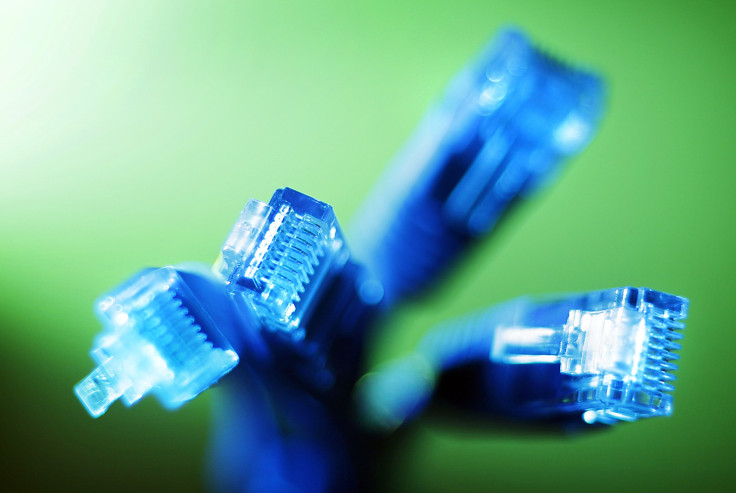AT&T Announces U-Verse GigaPower Expansion: 21 Metro Areas Could Get Ultrafast Internet

AT&T Inc. (NYSE: T) announced on Monday that it wants to bring its ultrafast U-Verse GigaPower Internet service to as many as 25 metropolitan areas in the U.S.
The plans show that AT&T is ready to go toe-to-toe with Google Inc. (NASDAQ:GOOGL) in the race to roll out gigabit networks, which provide Internet connections at speeds that are about 100 times faster than most current broadband services, to allow for high-quality streaming and more connected devices on a single network than current streaming speeds allow.
"We see this as where the world is going," Lori Lee, the senior executive vice president for AT&T’s home solutions, said. "We are about skating where the puck is going and not necessarily where it is today."
The proposed expansion would have U-Verse GigaPower compete with Google in 14 markets where Google plans to bring its rival service, Google Fiber. In addition, U-Verse GigaPower will be the only fiber-optic network available in several other areas.
AT&T wants to start building the networks by the end of 2014.
U-Verse GigaPower is already available in Austin, Texas, where Google is also planning to launch Fiber. However, U-Verse GigaPower will only offer speeds of 300 megabits per second. AT&T has committed to upgrading this network to a full gigabit-per-second connection and will also expand U-Verse GigaPower to Dallas and the Triangle region of North Carolina.
AT&T wants to then expand U-Verse GigaPower to San Antonio, Texas; Kansas City; San Jose, Calif.; and Atlanta, Ga.; all cities named by Google in February as potential homes for Google Fiber.
AT&T also has plans for gigabit Internet in San Francisco, Los Angeles, Chicago, Cleveland, Miami and Houston, all major cities in which Google has not yet expressed interest in deploying Fiber. Successfully installing networks in these cities could provide AT&T with a competitive advantage in the escalating battle to provide next-generation Internet service.
The company did not specify a price, but the current service in Austin is offered at $70 per month, which is the same price that Google charges for Fiber.
AT&T doesn’t have landline operations in the Northeast, meaning the only fiber-optic service available for the foreseeable future in that part of the country is Verizon FiOS, which is slower and more expensive than Google Fiber and GigaPower.
© Copyright IBTimes 2025. All rights reserved.






















